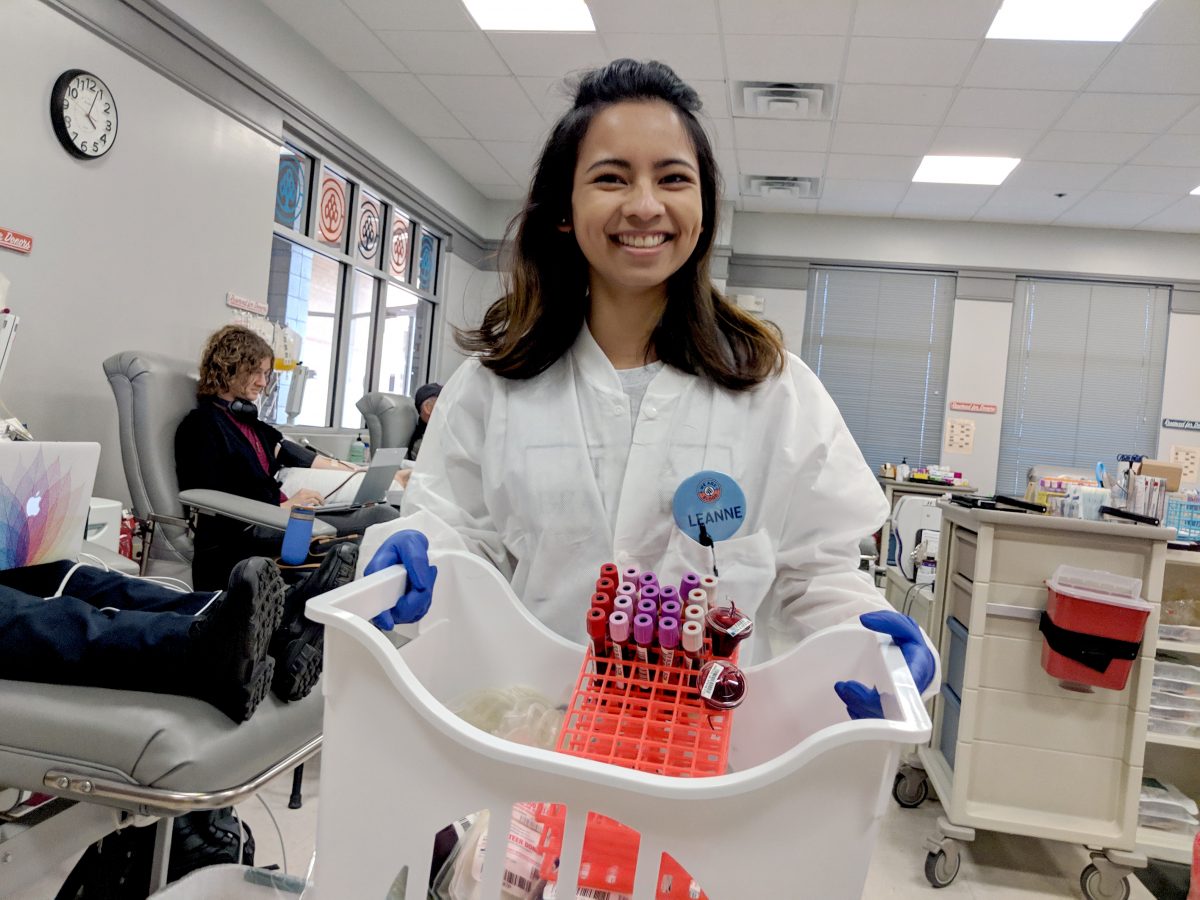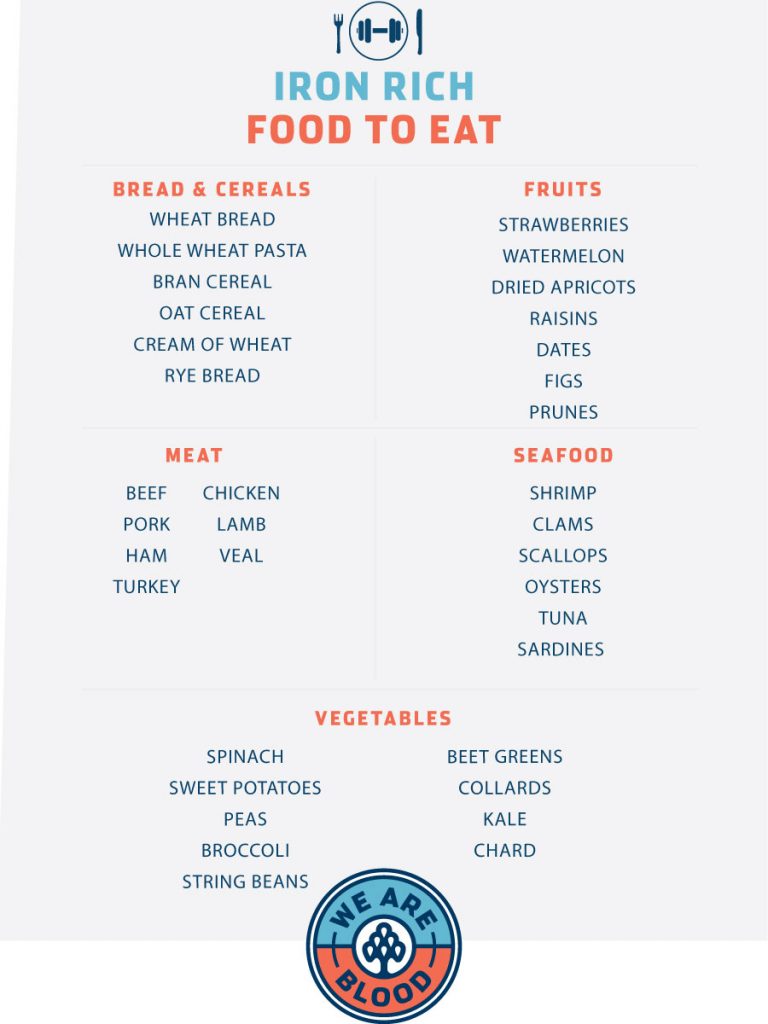Hct, Hgb, and other fun acronyms!
Each time you attempt to donate blood or platelets, you’ll receive a mini physical to ensure that you’re well enough to give on that day. We check your pulse, blood pressure, temperature, cholesterol, and – previously – your hematocrit, which measures the proportion of red cells in your blood.
As of October 1, 2019, we’re swapping hematocrit (Hct) for hemoglobin (Hgb).
Why the switch?
Hgb is a protein produced by your bone marrow that’s stored in red blood cells. It helps red blood cells transport oxygen from your lungs to your body. Also, it’s what makes red blood cells red!
In short, Hct and Hgb tests are actually pretty similar. Both tests are essentially checking to make sure your blood has sufficient oxygen carrying capacity to make donation safe for you and useful for recipients.
The Hgb test available to us is more efficient. Simple as that!
What changes for you?
Not much, actually!
After you donate, the results of your mini physical are logged in the wellness info portion of your donor profile. Instead of seeing results for Hct, you’ll now see results for Hgb… and that’s basically it!
Hgb does use a different metric. So, if you’re used to looking for a number between 39 and 60, you may be surprised to see different values listed. Here’s the new ranges you’ll be aiming for:
- Acceptable Ranges
Females: 12.5-20.0
Males: 13.0-20.0
ALYX (2RBC): 13.3-20.0
Still wanna know what your HCT results were for past donations? No problem. You’ve got from now until October 1 to save screenshots, and we’ll still be able to pull up archived results if you get in touch with us!
How do you make sure your Hgb levels are high enough to donate?
Just like the older hematocrit test, our new hemoglobin test will take a close look at the red blood cells in your blood. A diet rich in iron helps promote blood regeneration. Take a look at the foods listed below and think about incorporating them more heavily into your diet.
If you want to help your body absorb all this added iron, make sure you increase your Vitamin C intake, too! We also advise avoiding caffeinated beverages like tea and coffee during and after meals, because caffeine tends to decrease your iron absorption.
Oh, and we almost forgot the most fun fact of all: red wine is FULL of iron-boosting goodness. Consider having a glass the night before you donate for an added iron boost… as long as you’re of legal age, of course.



